Among the detached houses in the Ayios Mamas refugee estate in Lakatamia stand five modern concrete buildings that once housed Greek Cypriot refugee families, but are now abandoned, and in a state of serious disrepair.
Built on Turkish Cypriot owned land after 1974, these blocks of flats were hastily erected by the state to satisfy a growing housing demand driven by the refugee wave created as a result of the Turkish invasion.
Built in a hurry, the standard of construction was questionable.
“Τhey were built hastily to cover the growing demand with material that was not of good quality,” structural engineer and vice president of the technical chamber Etek Andreas Theodotou said. They were also built without the current level of supervision and not to modern code, such as earthquake protection.
Given the multitude of structural issues and the passage of time, these buildings were eventually rendered unlivable despite corrective work taking place from time to time. Residents were relocated to other safer housing.
The abandoned buildings though were forgotten.
Traversing the thick and mostly dry vegetation now dominating the backyards of these blocks, one finds all sort of junk.
From old furniture and clothes, discarded lamps and wires, tyres and scrap metal, garden waste to stray cats, rats, and boxes full of empty cat food tins, even to a discarded severed pig trotters.
The jungle of junk has developed and is now evolving into a public health hazard.
“These were meant to be parking spaces, but the building’s residents delineated the space among themselves, planted trees and other plants creating their own backyards, a practice commonly observed in other refugee neighborhoods as well,” one resident said.
There are no signs warning the public of the hazards and there are no fences keeping people out. Which means some of them have seen homeless people and drug pushers moving in.
One of these blocks is even situated opposite the Ayios Mamas primary school, posing an obvious danger to unsuspecting children.
And the building’s interiors are as bad as the exteriors, if not worse.
Entering one of the apartments a foul smell emerges, the smell of squalor. Destroyed furniture, children’s toys, clothes and footwear lying around in piles, forgotten books, discarded bills, vestiges of past lives are everywhere.
As is the evidence of recent human activity in the form of beer cans and alcoholic drinks bottles, dry food stuff, apparently recently used mattresses and even fresh human excrement.
A resident living opposite said he had seen a suspicious couple some days ago knocking around the premises early in the morning, who he reckoned were there for “sexual activities.”
“They took a mattress out on the veranda where they sat, drank, smoked and God knows what else for hours. By afternoon, a fire had broken out on that exact spot,” he said.
“Thankfully the fire department arrived on time before the fire had expanded into the dry vegetation… Can you imagine children playing around these buildings?” he added.
Moreover, a Lakatamia municipality employee spoke of a Romanian couple who were found squatting in one of the buildings, sleeping among discarded items, beer bottles and excrement.
“We found them half asleep and hungover among the dirt, while carrying out routine checks. The woman also bore signs of beating. We called the police immediately,” he said.
Aside from Lakatamia’s municipal authorities who have raised a red flag, Akel MP and chairman of the House refugees committee Nicos Kettiros also this week brought up the issue of squatting and potentially criminal elements frequenting these blocks.
“Last week I received complaints and photographs indicating drug dealing and squatting taking place there. The Lakatamia mayor had also sent a relevant letter to the House refugee committee informing about the matter,” Kettiros said.
“I also contacted the department of town planning and housing who are the owners of those properties and told them that they must take measures to remove dangerous material lying around and to communicate with the welfare department to ascertain who these [squatters] people are,” he added.
Police said they frequently carry out patrols in the area. “There have been some isolated instances of delinquency and were addressed accordingly,” a police spokesman said.
“Moreover, regarding the buildings in question, there have been isolated complaints regarding their use from unknown individuals… In one such case, individuals were found and the state’s competent authorities have now taken up the case,” he added.
In March last year, it was announced that the town planning and housing department was scheduling the construction of five new buildings in the Ayios Mamas estate, which are expected to be completed between 2021 and 2024.
Part of the new development will take place on the plots of land where the current buildings in question are situated after they are demolished.
“They told us that by October demolition works will take place, but all sorts of void promises were made in the past, not to mention again that they haven’t even bothered placing warning signs and fences,” a municipal official said.
“The truth is, for several months the department could not move forward in demolishing those buildings because of a legal glitch, as some of the residents would not consent to handing back their apartments in exchange for newer ones,” Kettiros said.
“The issue however has been resolved in the past couple of months and therefore it is now up to the department to take action”.

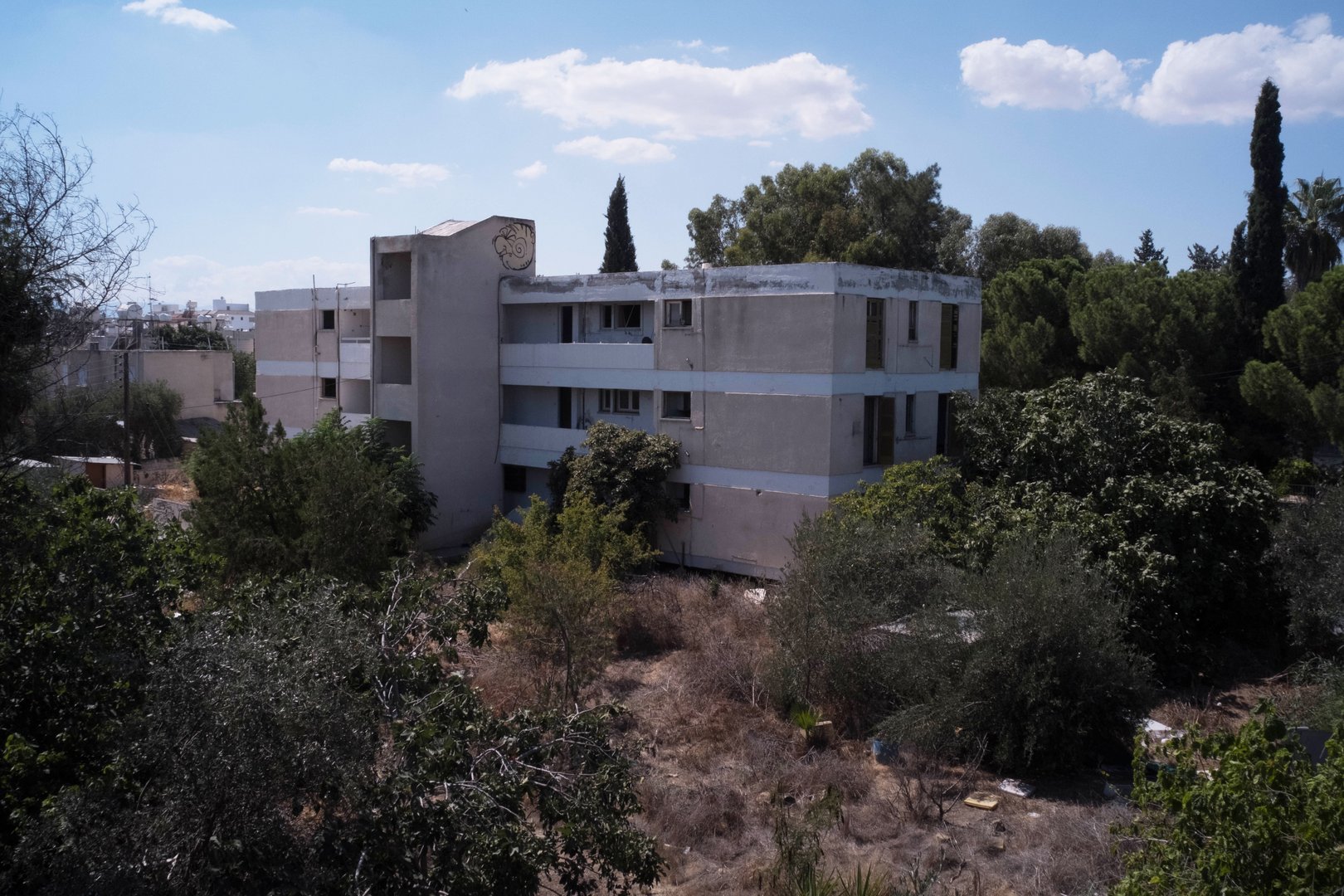
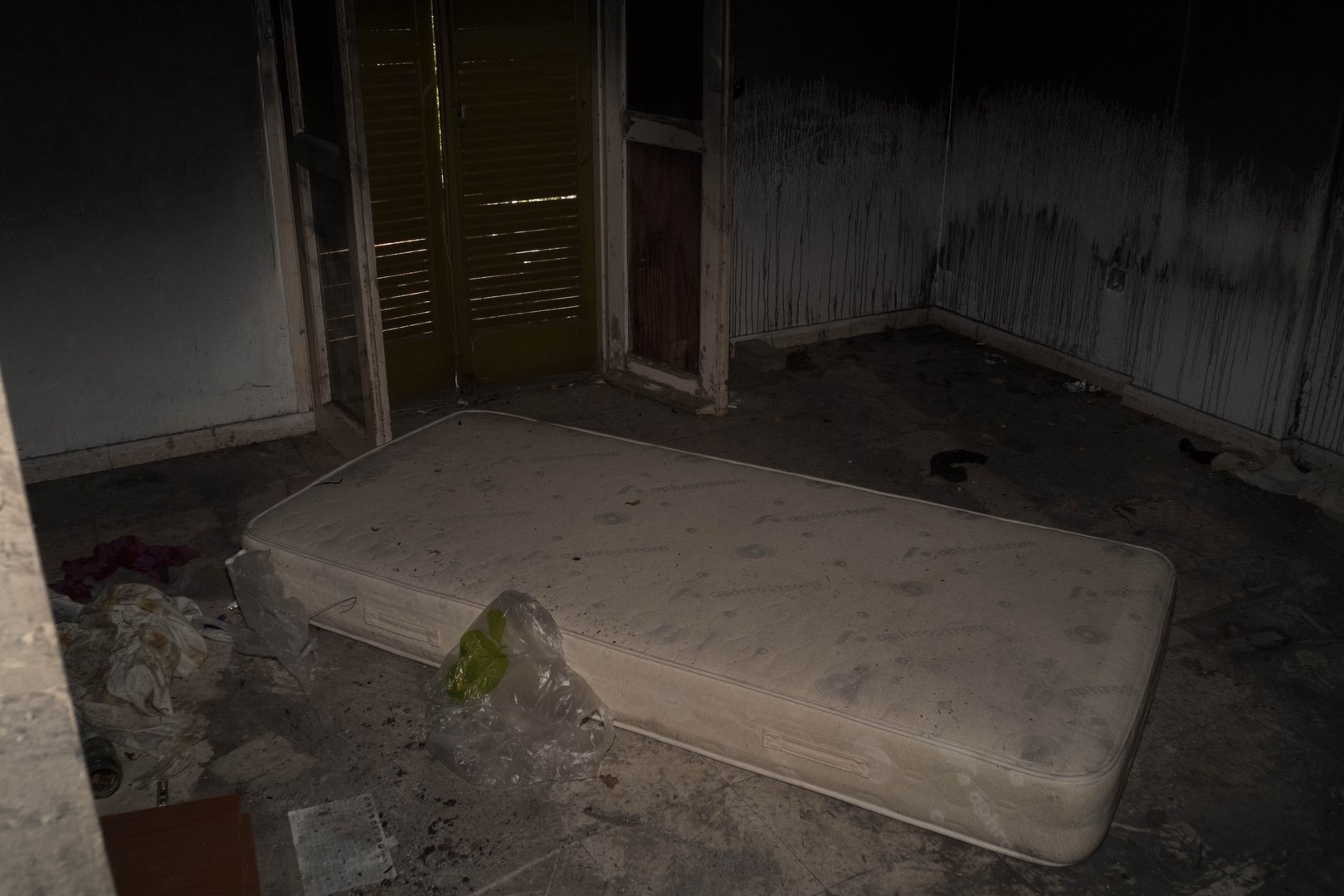
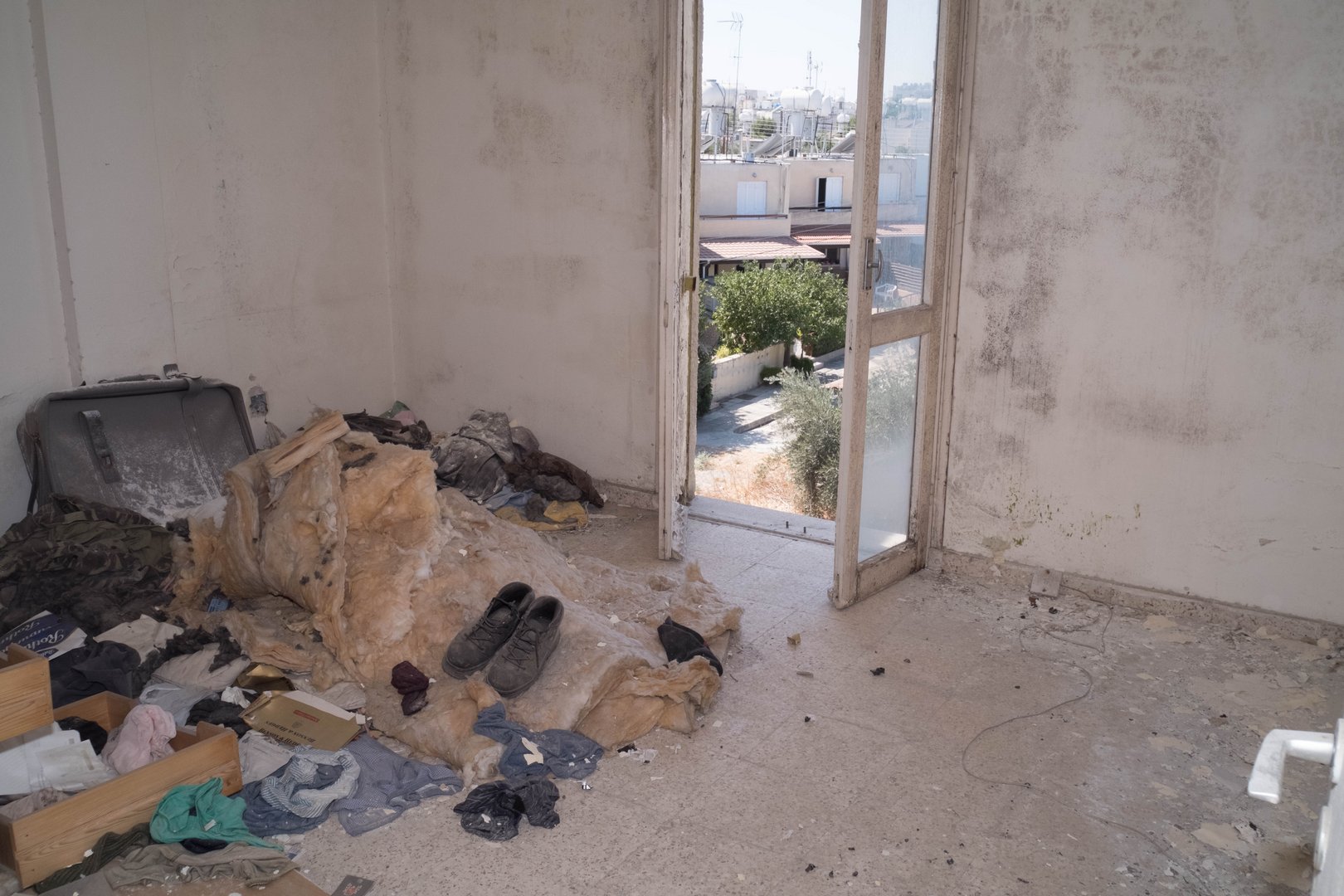
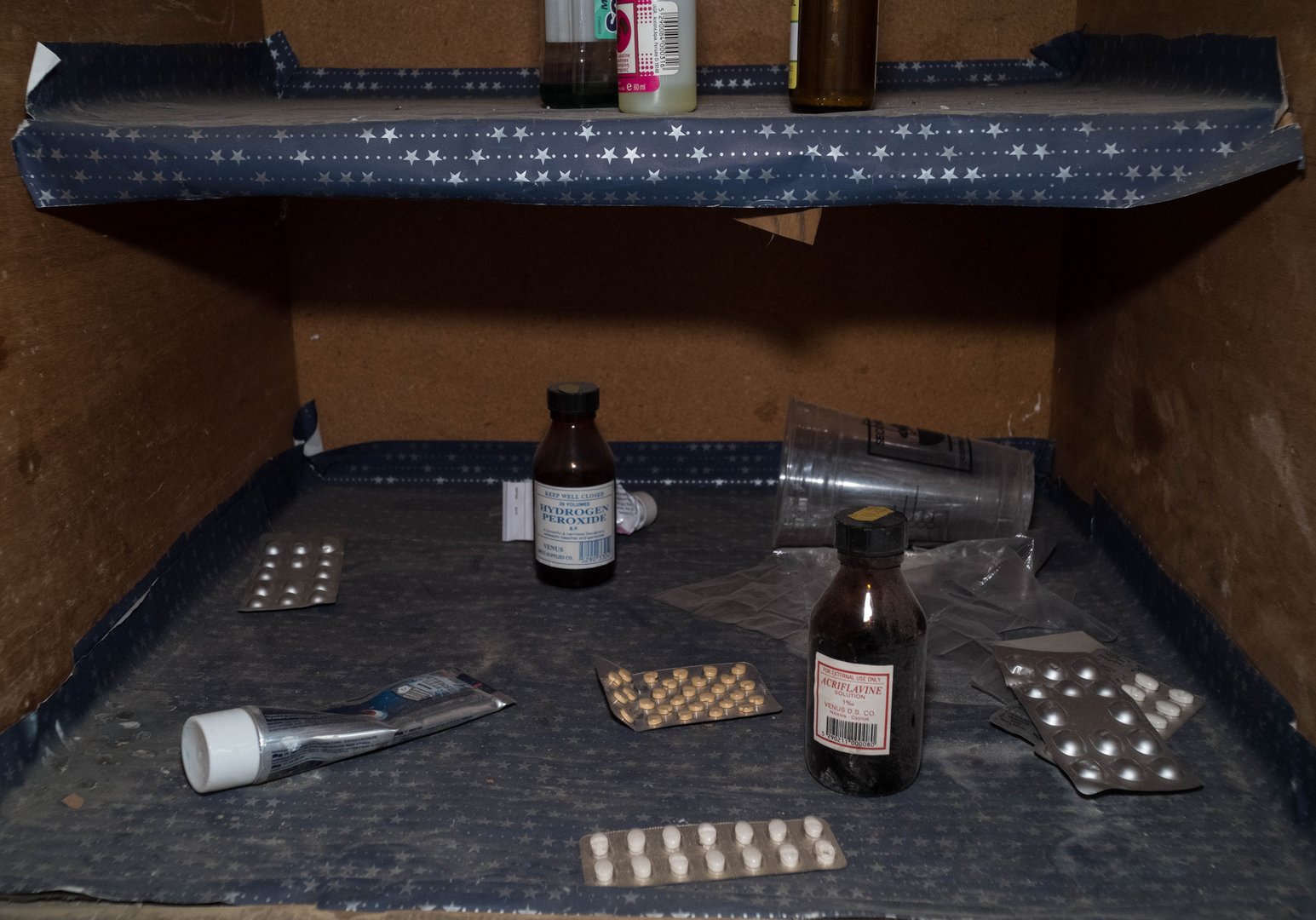
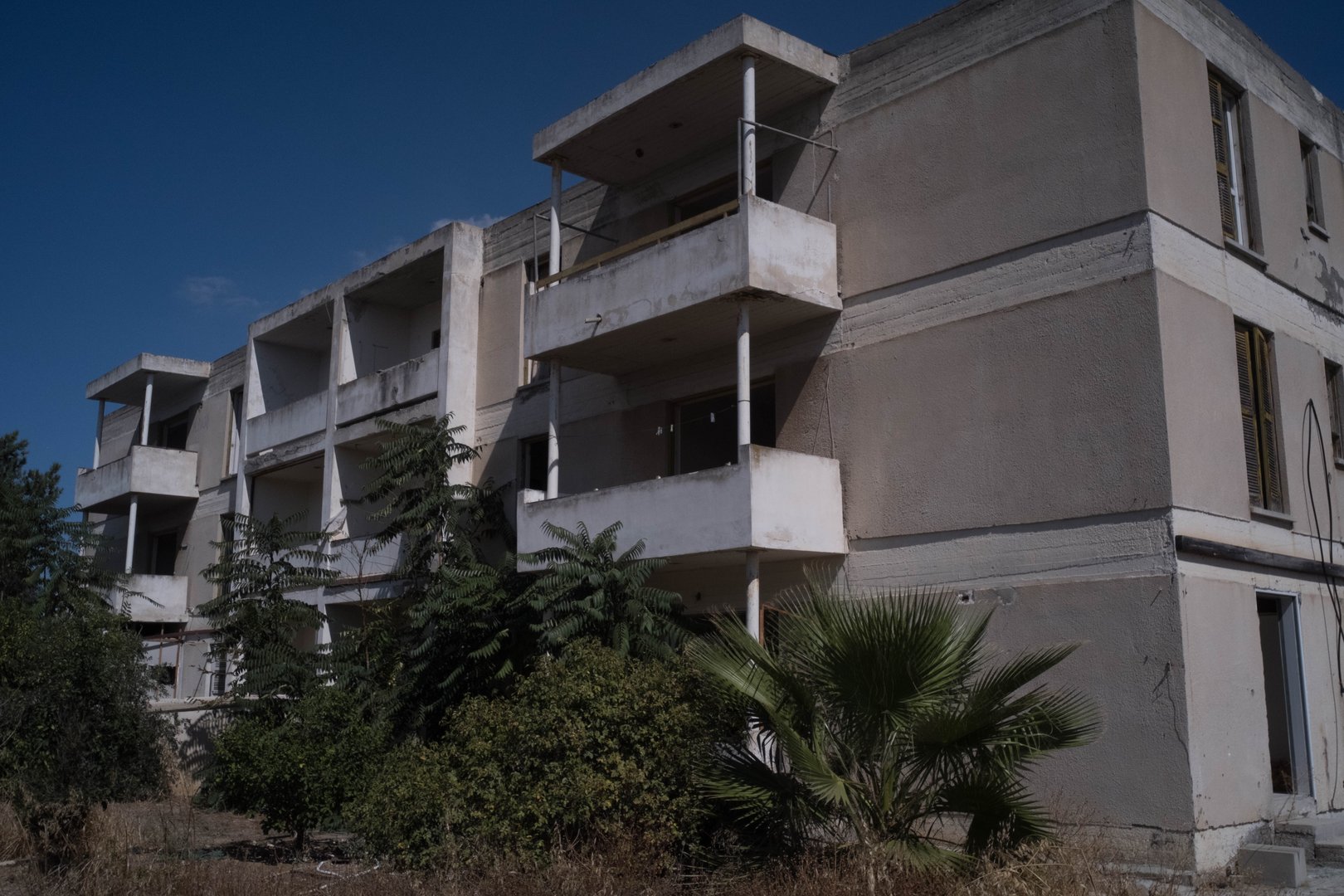
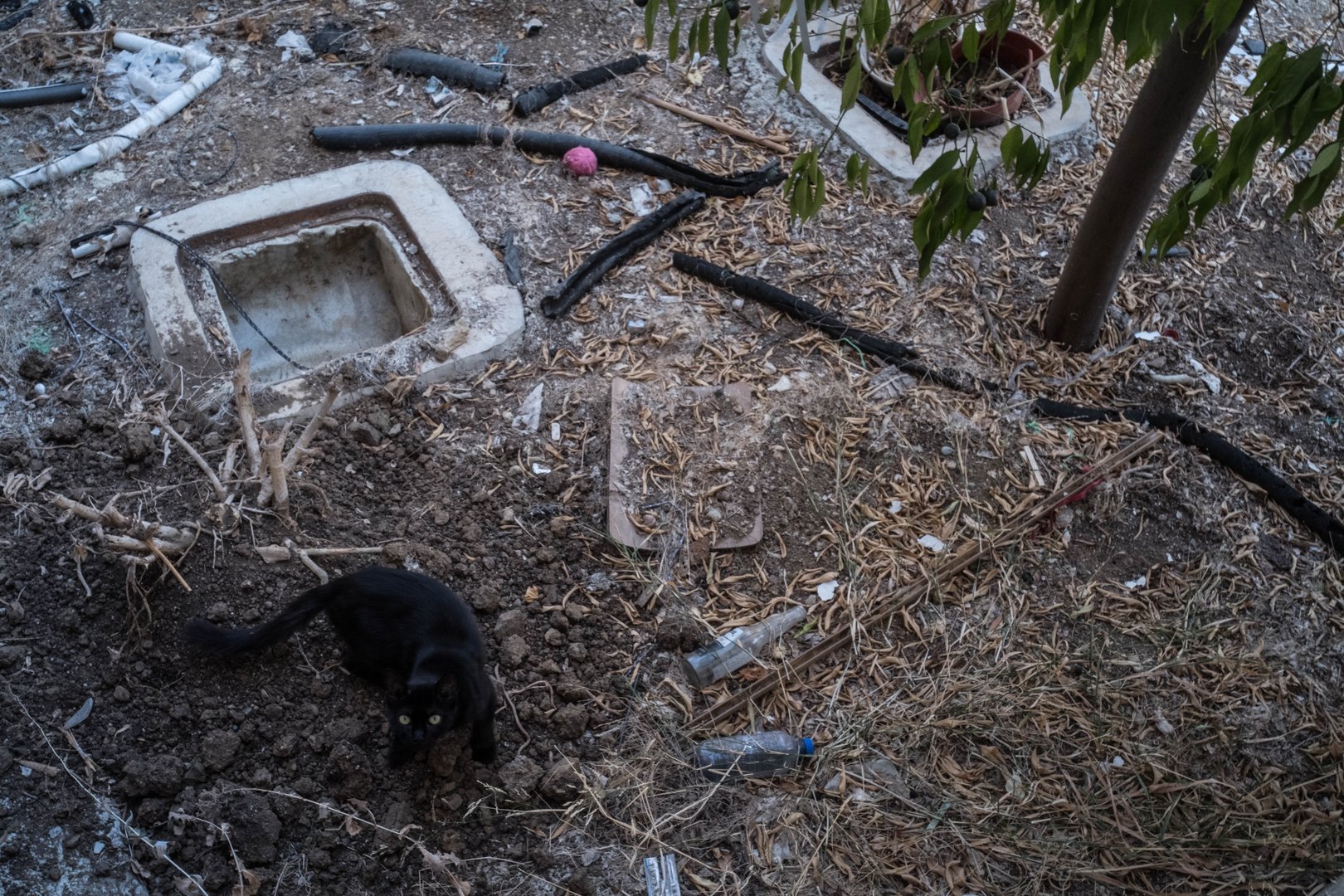
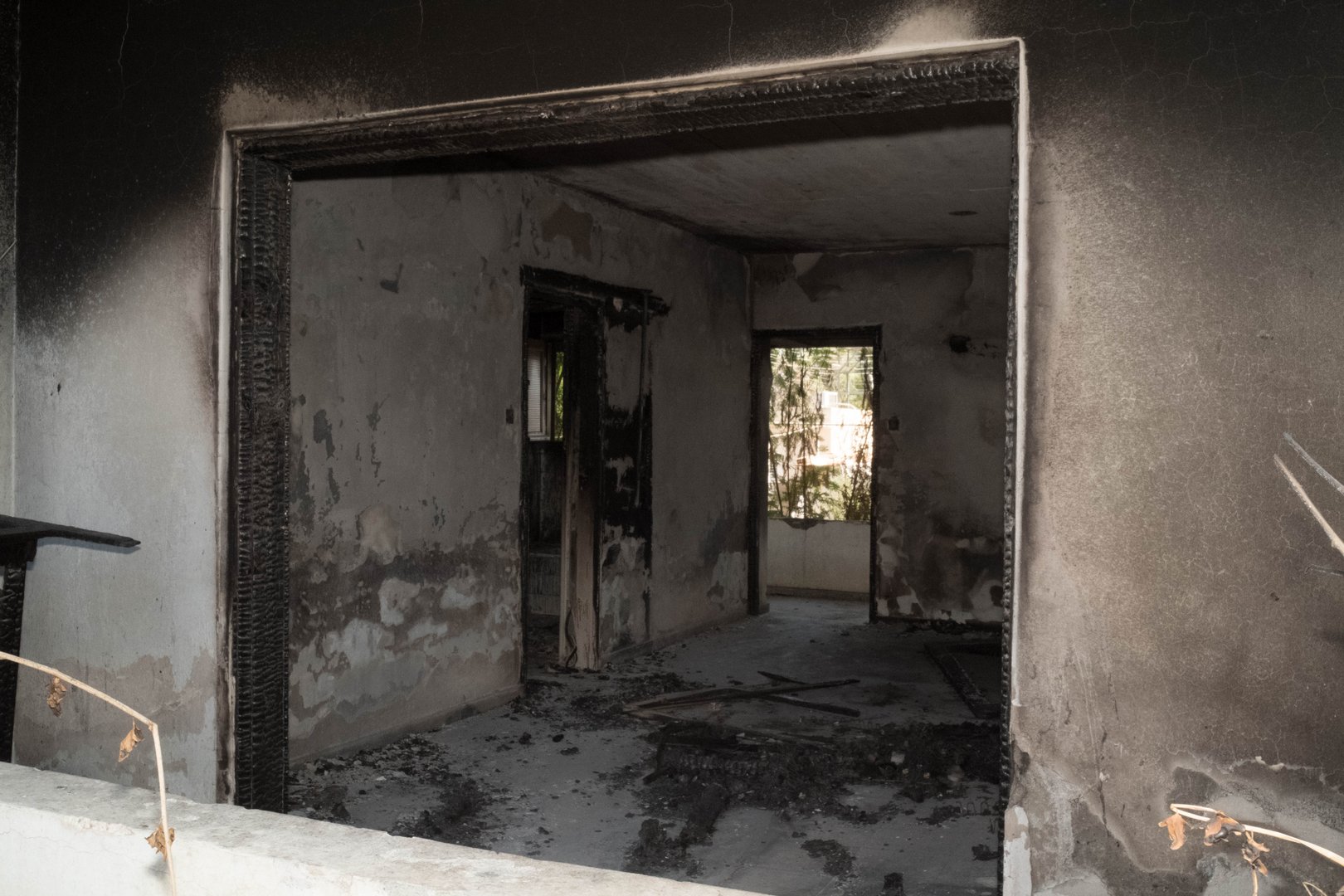
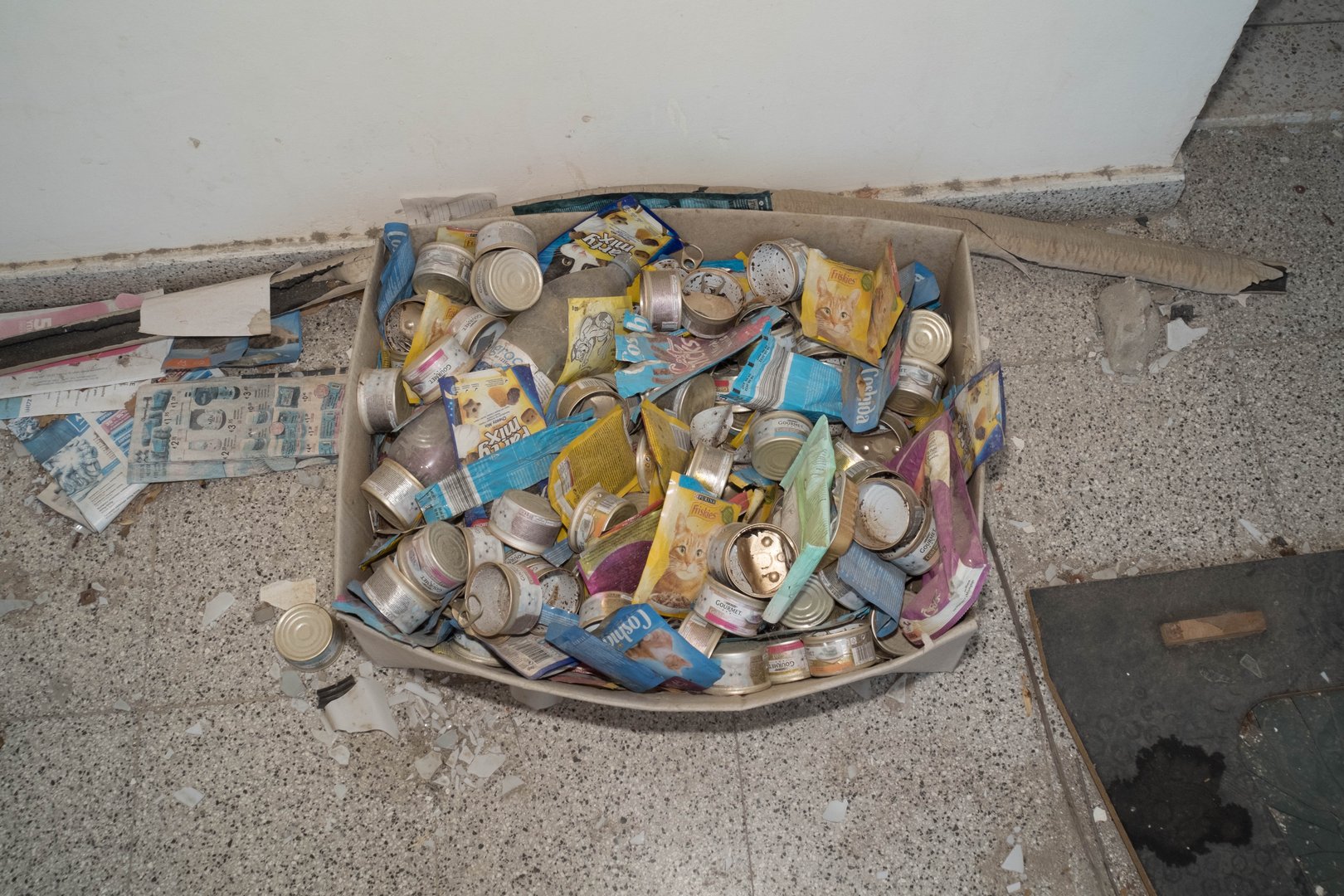





Click here to change your cookie preferences